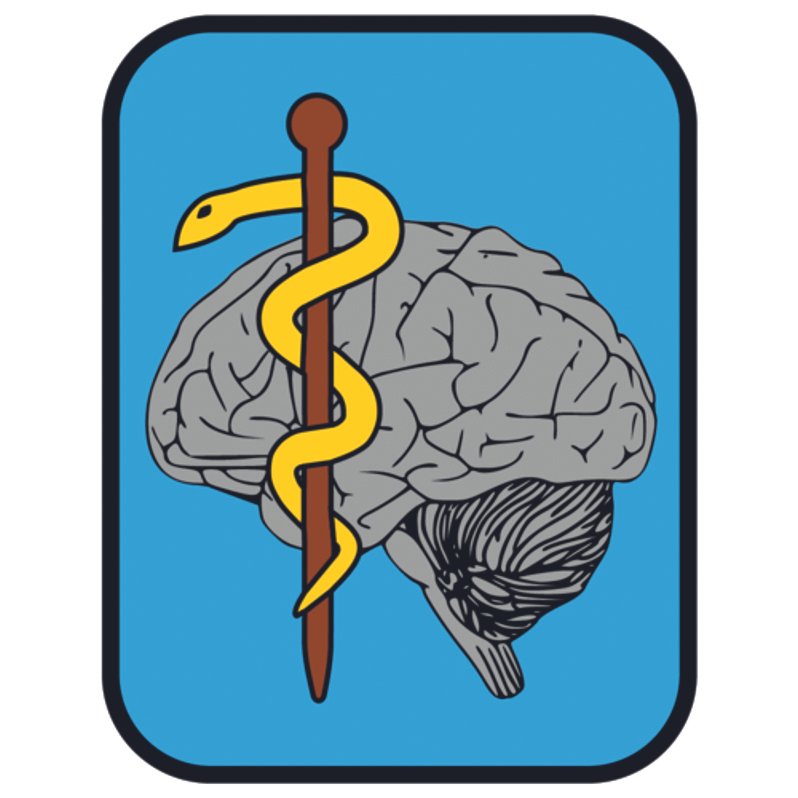
Stories from the University of Cambridge
CamCOPS
-
Authors and affiliations Rudolf N. Cardinal, Martin Burchell
Department of Psychiatry, University of Cambridge, Cambridge, UK
-
2021
-
Rudolf Cardinal:
rnc1001@cam.ac.ukMartin Burchell:
mb2353@cam.ac.uk -
Cardinal RN, Burchell M. 2021. The Cambridge Cognitive and Psychiatric Assessment Kit (CamCOPS): a secure open source client-server system for mobile research and clinical data capture. Frontiers in Psychiatry 12, 578298.
-
https://camcops.readthedocs.io/
-
Medical Research Council (UK), National Institute of Health Research Cambridge Biomedical Research Centre (UK), Wellcome Trust (UK)
ABOUT THE OPEN-RESOURCE
Background
In psychiatry and related fields, quantitative data on symptoms and cognitive function is an important tool, and can improve the implementation of appropriate treatment strategies. Old-fashioned ways of capturing information via pen and paper are very labour intensive and prone to error, and not useful for data analysis. Data entry by an NHS healthcare professional in electronic health records, or by a researcher into spreadsheets, can also be cumbersome. In an attempt to address this problem, Dr Rudolf Cardinal, associate professor at the Department of Psychiatry, developed CamCOPS, the Cambridge Cognitive and Psychiatric Assessment Kit. This is a software system that allows clinicians (or researchers), patients (or research subjects), or both together, to capture information relevant to research or clinical care in an easy way.
Function
CamCOPS is an open source cross-platform system that enables quick, simple, and accurate structured data capture in the domain of psychiatry, psychology, and clinical neurosciences. It can be used on touchscreen tablet devices or computers. It offers simple questionnaires and more complex tasks, such as animated tests of specific aspects of brain function, and sends information securely to a server within the host institution.
Development process
The CamCOPS “app” is written in the programming language C++, using the Qt framework to create its user interface. “When you’re writing an application, you need to deal with the challenge that people use lots of operating systems, including Android, iOS, and Windows,” explains Cardinal. The server software is written in Python, another programming language. The next step was to obtain the various information governance and security approvals required for NHS use. The final step was a professional security test of the software. “To become approved for NHS use, you’ve got to be crystal clear about the security aspects of data storage, where the data goes and what kind of data.” CamCOPS development continues, as Cardinal and Martin Burchell, software developer at the Department of Psychiatry, are working on adding more tasks to the application, and on improving the integration with clinical record systems.
Target user
CamCOPS has two modes of operation: a “clinician” mode and a “single patient” mode. In “clinician mode”, the target users are health professionals or researchers working with one or multiple patients. In this case, clinicians have access to a range of tasks that they can conduct or ask the patients to perform. In the patient mode, the target users are the patients using their own device to register their experiences of symptoms.
Comparison to other technologies
CamCOPS is free and open source software, which eliminates direct software costs and allows anyone to inspect the code. And it can operate offline, allowing its use in areas with poor internet connectivity, whether on home visits in places with poor mobile phone signal or deep within hospitals without good Wi-Fi. The difficulty with offline operation is that it excludes the simpler software model where all testing is performed online via a web site, and it brings some complexities in development, and data security management.
IMPACT
Current use
CamCOPS is used by a number of clinical services within Cambridgeshire and Peterborough NHS Foundation Trust (CPFT), which provides mental health and community services, in Cambridge University Hospitals NHS Foundation Trust (Addenbrooke’s and the Rosie Hospitals), and in the University of Cambridge for research. For example, it was used in a study examining the impact of “long COVID” on mental health. It is also used for research in Denmark and Singapore. No data is collected centrally: Cardinal explained that as the app can collect highly sensitive mental health data, they deliberately decided to have a very clear use policy that no additional data will be collected or shared, and the user’s data will only be sent to their chosen server (e.g. their hospital or research team).
Open source choice
“I’m philosophically strongly inclined towards free and open source work and fortunately we’re encouraged to do it with public research funding,” says Cardinal. Another advantage is that because the code is public, anyone can look at it and spot errors, if there are any. Cardinal also hopes that the free open source model will encourage wider NHS adoption.
CamCOPS logo. Reproduced from https://camcops.readthedocs.io/en/latest/.
GOING FORWARD - WHERE TO IN THE NEXT 3-5 YEARS?
At the moment the challenge that Cardinal and Burchell are trying to overcome is how to integrate the collected data easily into clinical record systems. “We care because we want information that’s clinically relevant to go into the main clinical record immediately, within seconds of receipt. It’s easy for authorised users to see the data on the CamCOPS server, and easy for CamCOPS to send data like that, but the clinical record system needs to be able to receive it too.” Once they have cracked that nut, they would like expand the use of CamCOPS.


